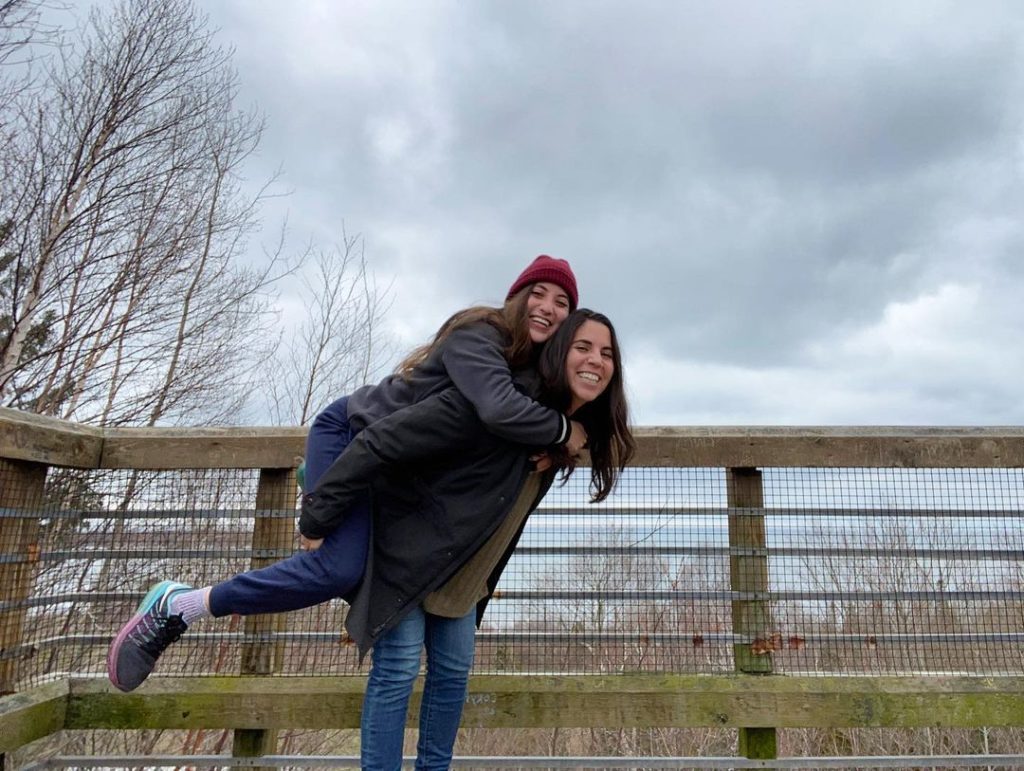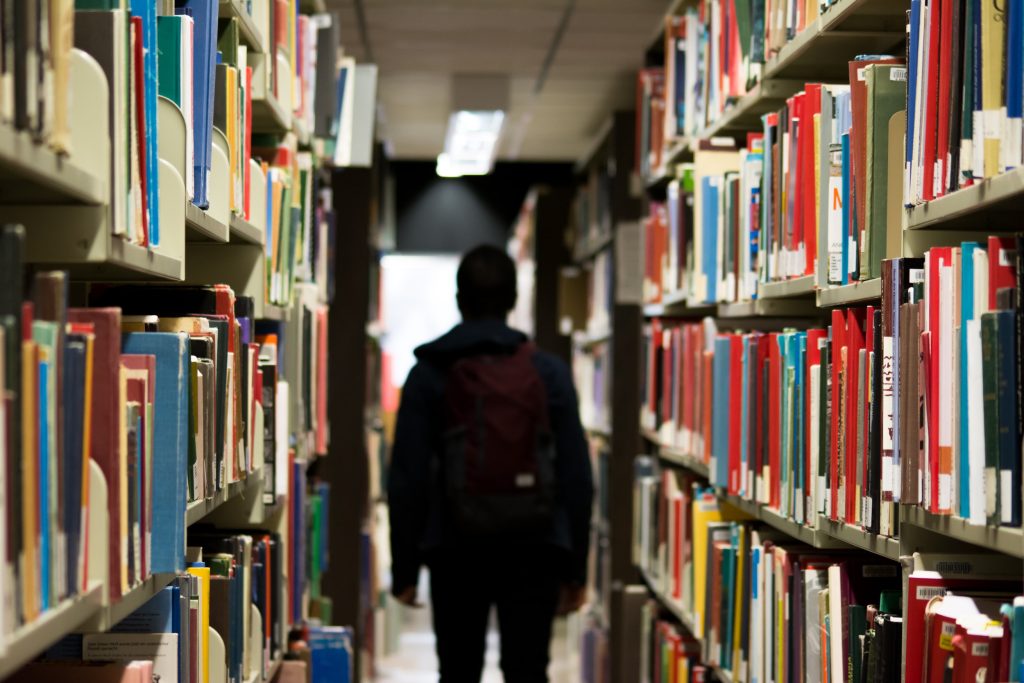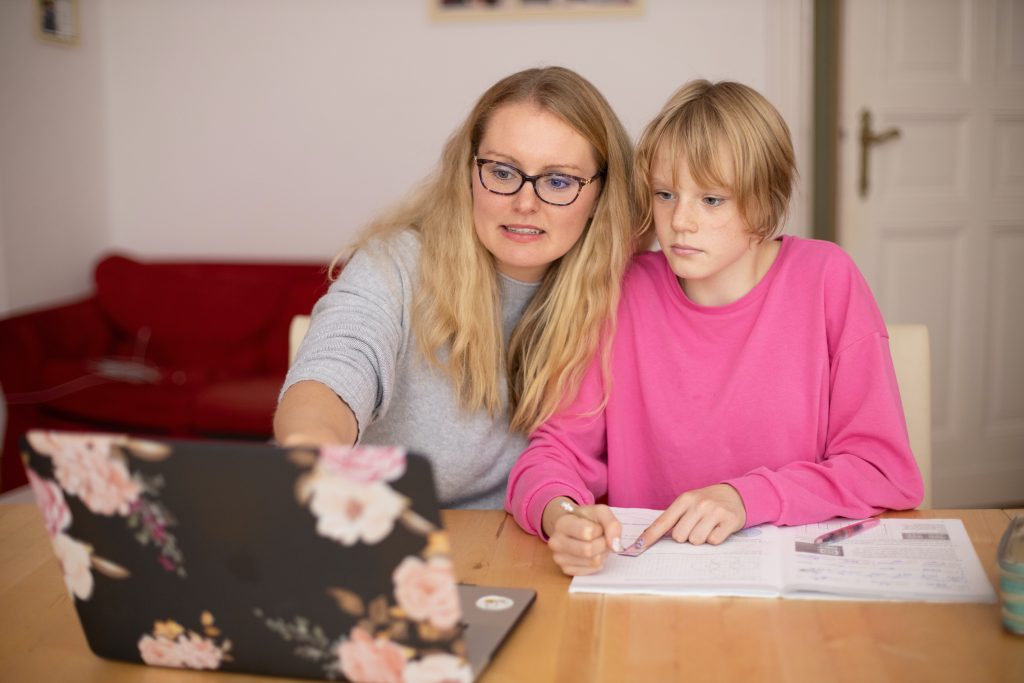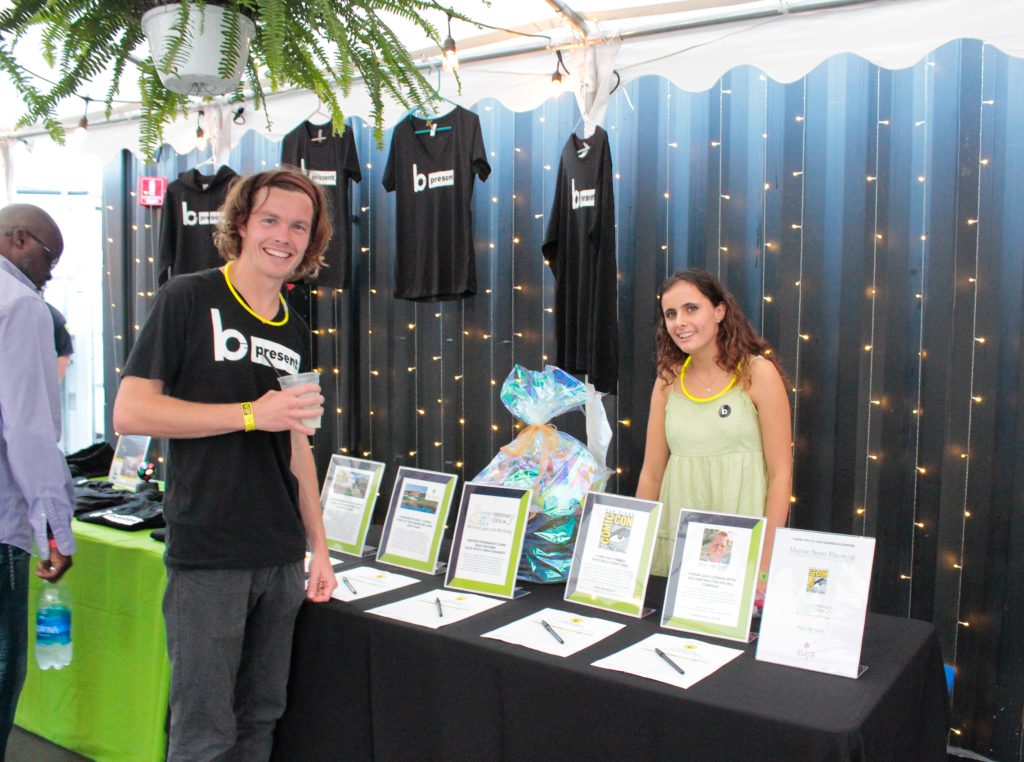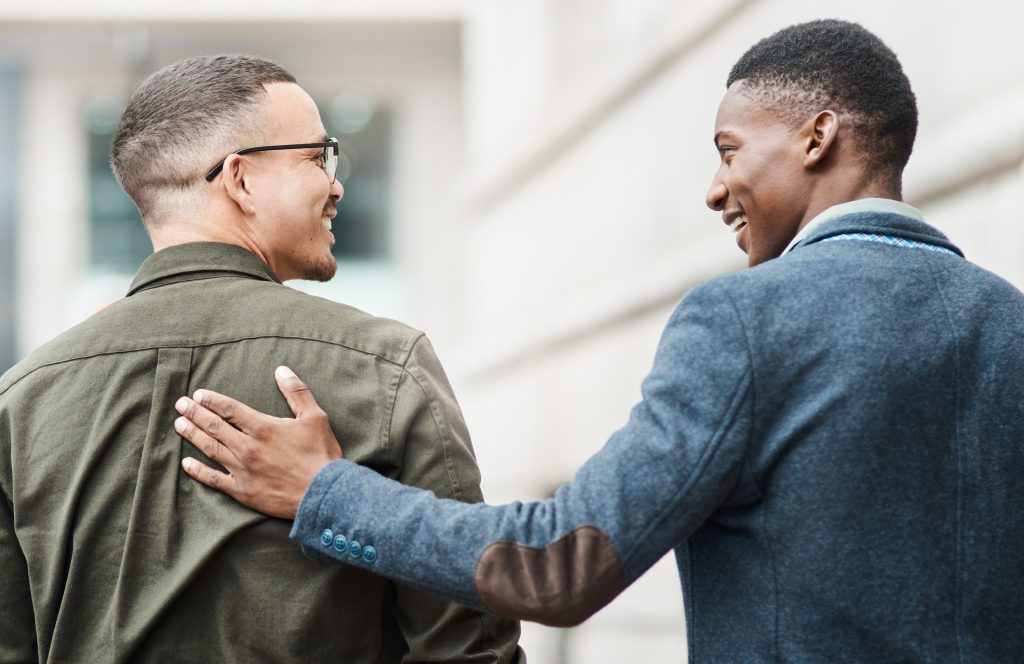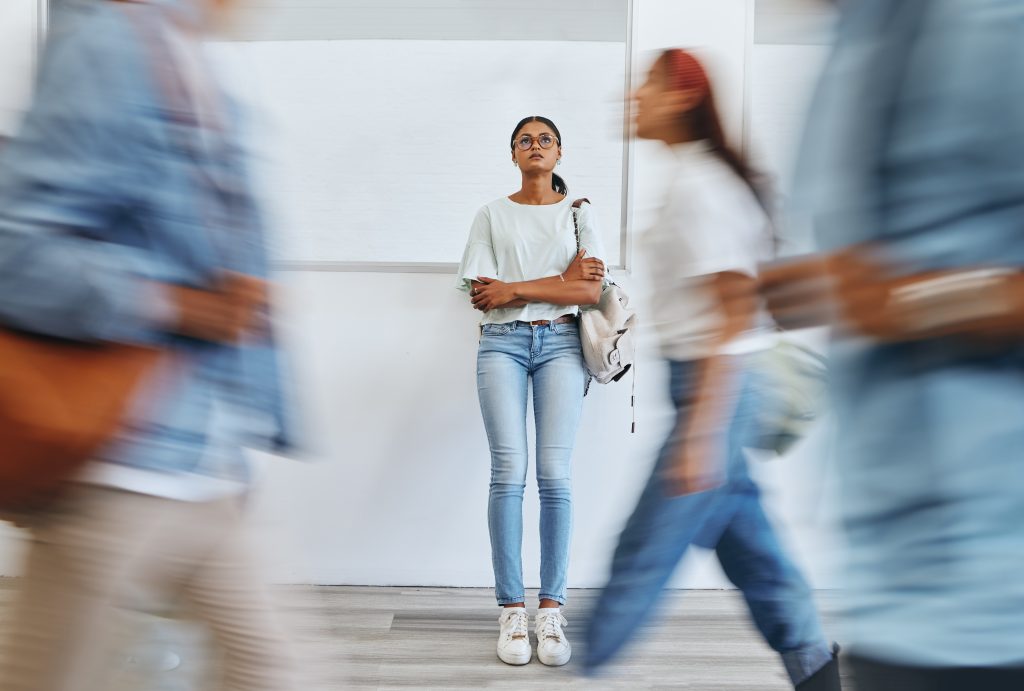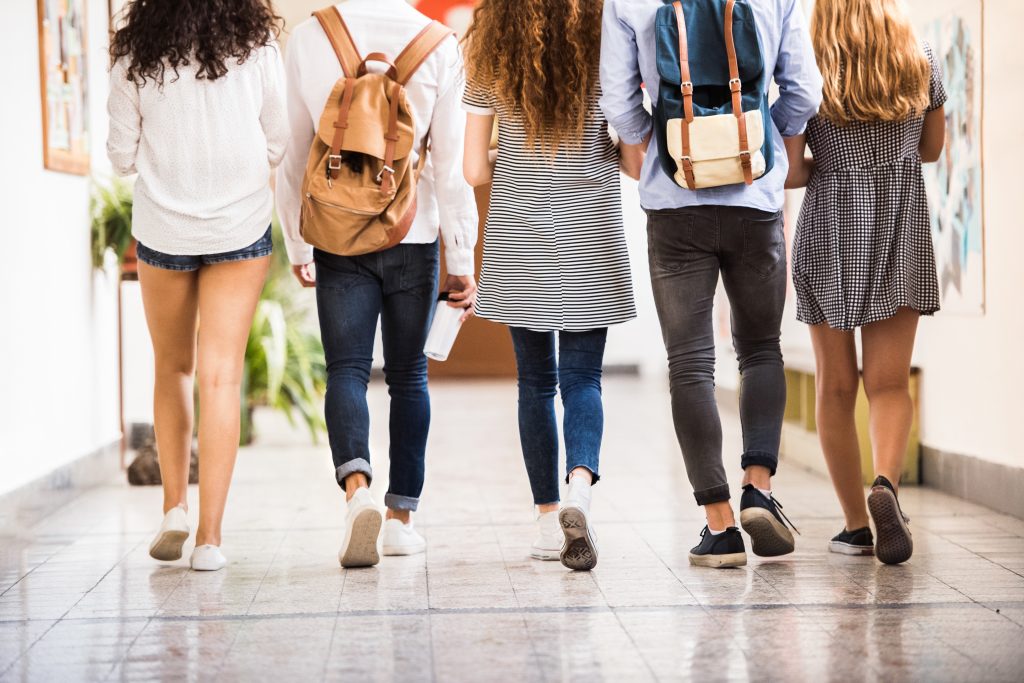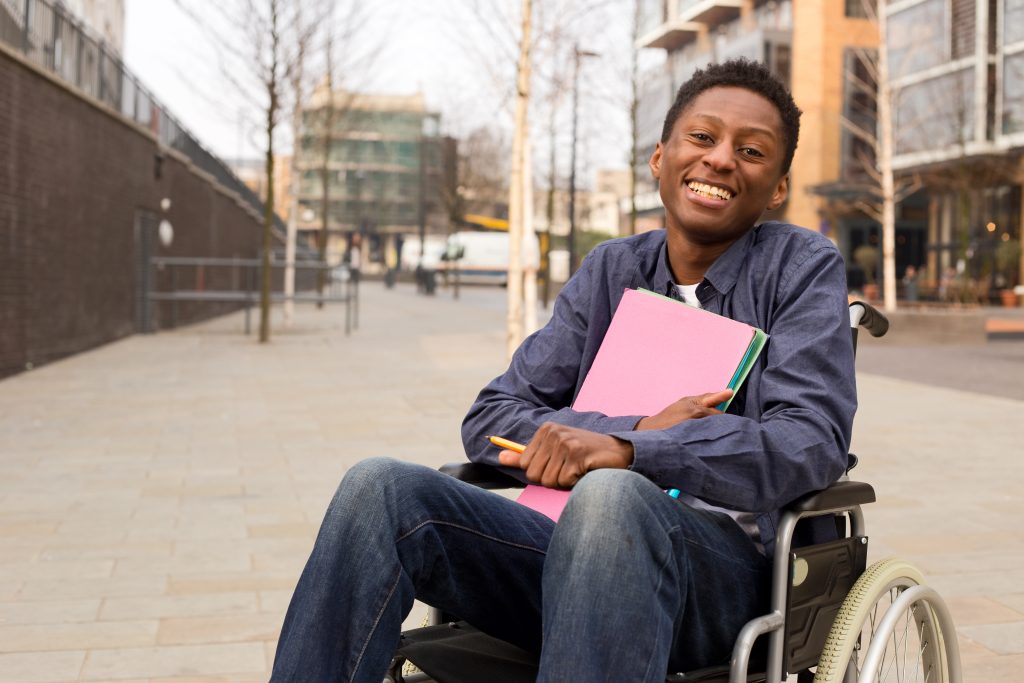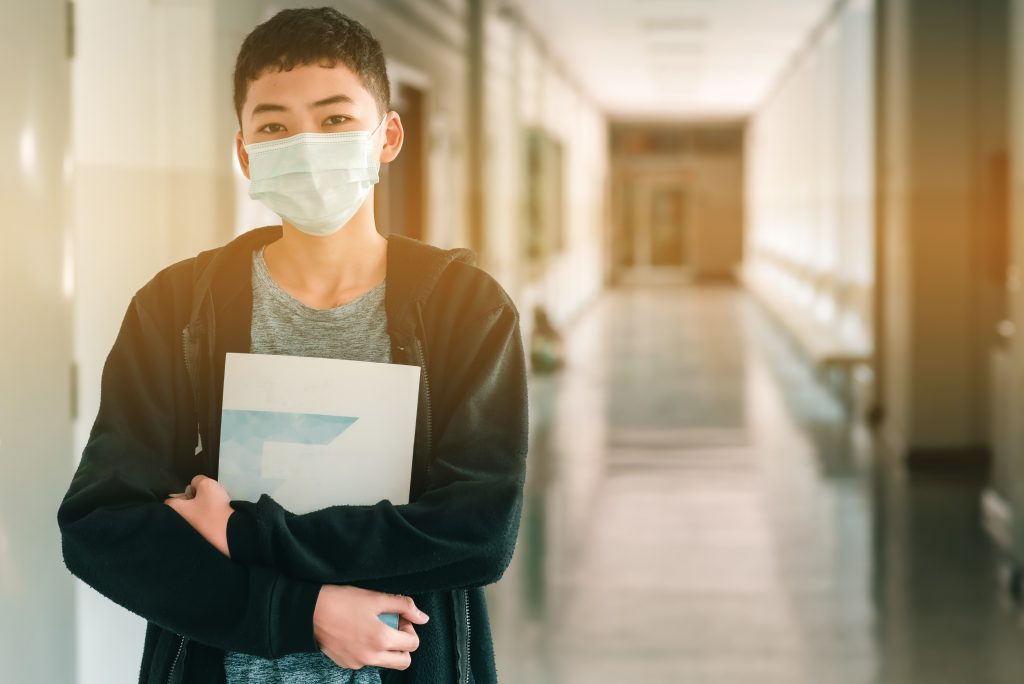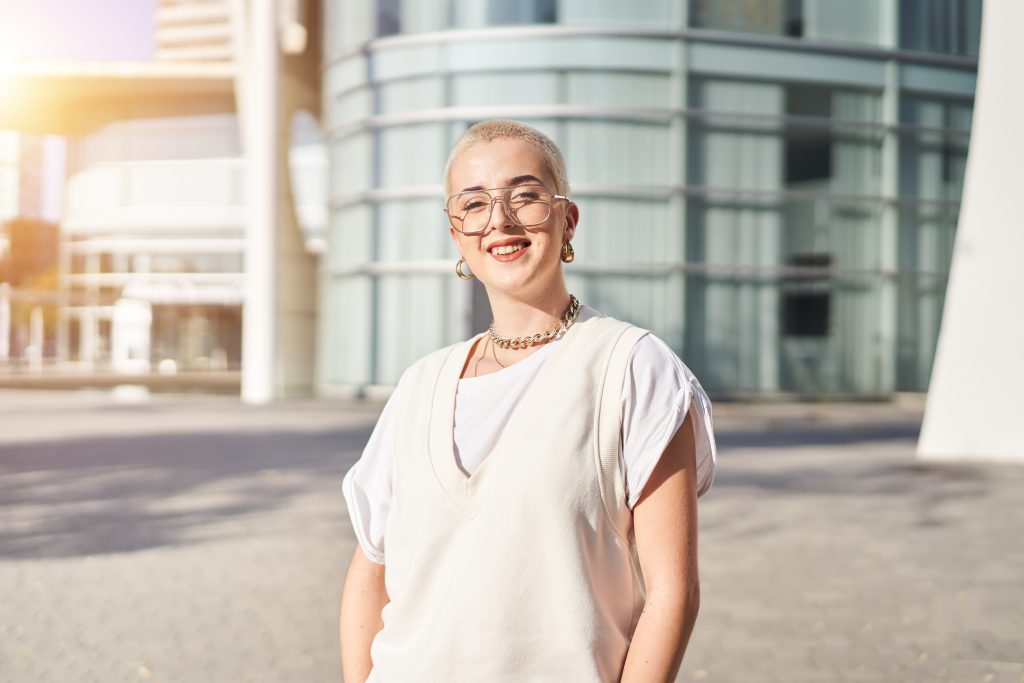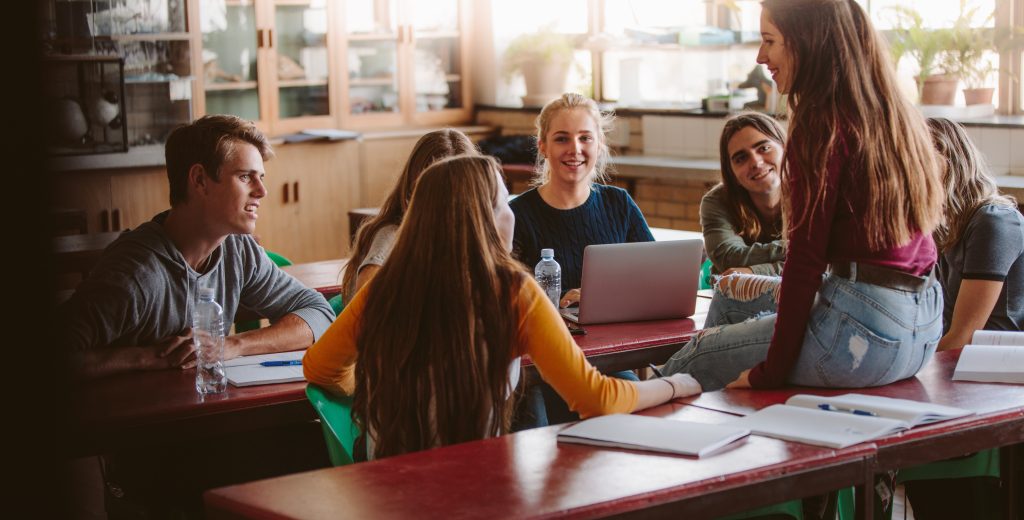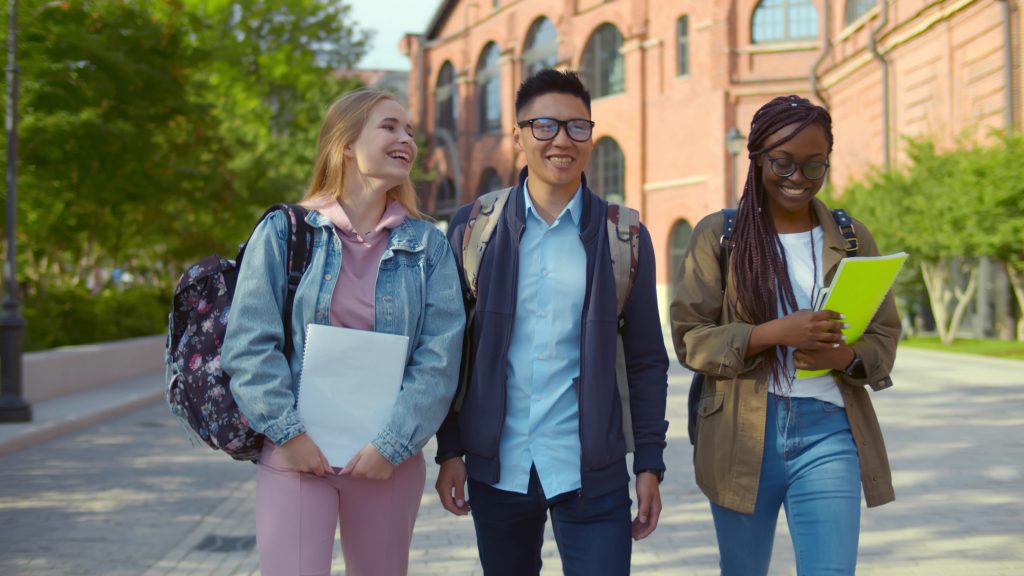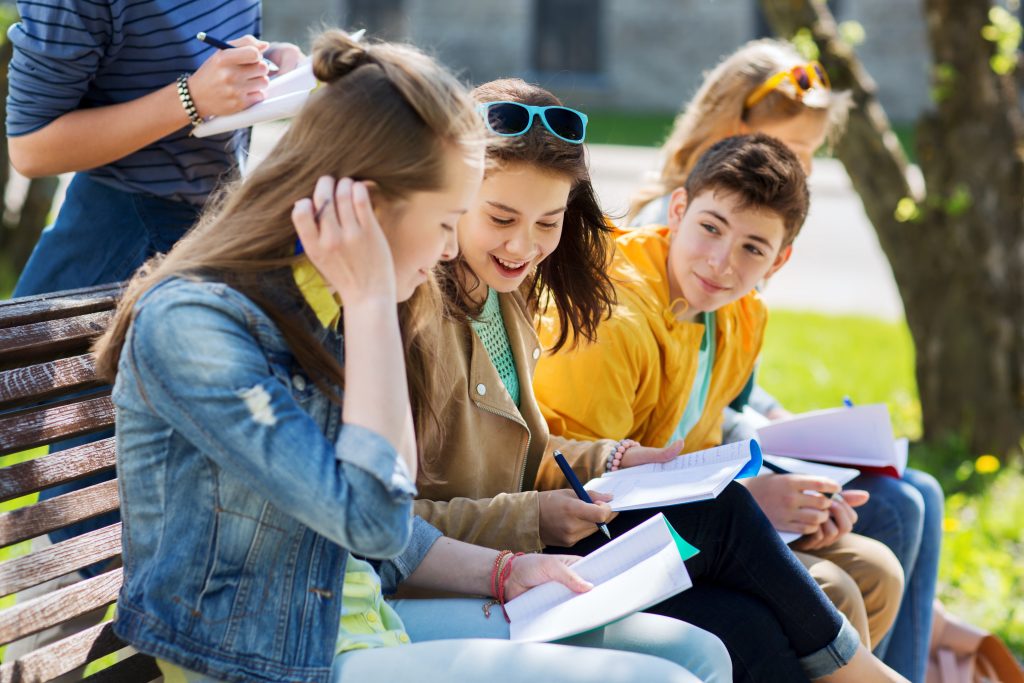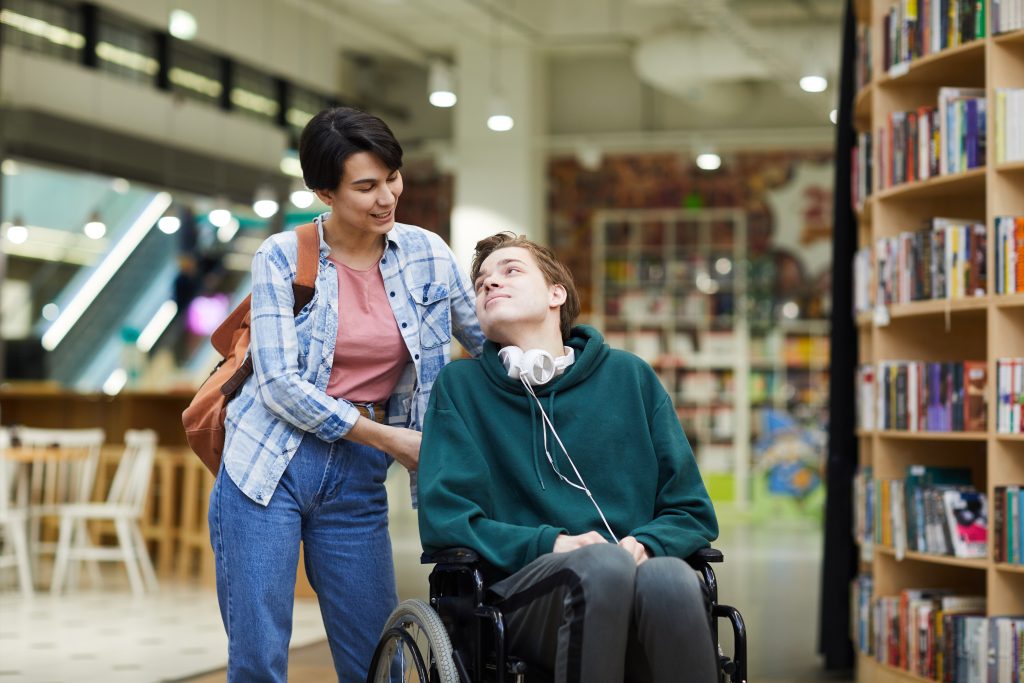Receiving a cancer diagnosis is devastating at any age, but receiving a diagnosis in high school is particularly disruptive and comes with its own challenging obstacles. High school is a unique time in a teen’s life filled with memorable experiences and milestones that define the path they take and who they will be in the future: a development of social and emotional attributes, career building, etc. This includes gaining independence, building new relationships, and finding their way in social situations.
Milestones like:
- Learning to drive
- Getting a job
- Preparing for and applying for college or career
- Attending school dances
- Social clubs and activities
And even sharing the classroom experience feeds life lessons, develops personal character, how to build trust, and how to process challenging emotional situations with the support of their peers. With a cancer diagnosis, all of these life-shaping experiences are disrupted as the teen diagnosed is removed from school during treatment. Social connection is vital for this age group. Yet, it is often completely broken after cancer and extremely difficult to pick up the pieces and return to “normal” after treatment is over.
As a community, we have the opportunity to improve the teen cancer experience. In this five-part Cancer in High School blog series, we will explore cancer’s impact on the high school experience and what we can do to make it better. Part one provides an overview of cancer in high school and what the experience looks like for the teens diagnosed. Future blogs will cover topics that include how to support a classmate (or student) during treatment, the do’s and don’ts after treatment is over, and how to support the close friends or siblings of the teen diagnosed. We will also discuss how schools can rally and organize to make a positive difference for other teens struggling with cancer and social isolation in their community.
When an unexpected cancer diagnosis enters a student’s life, it immediately impacts every aspect of their life and reroutes their path to now account for cancer. Understanding the experience of a high school student dealing with cancer can help us show empathy and be better supporters.
Cancer in High School: The Statistics
“When I was diagnosed, I was genuinely terrified. I didn’t know anyone else with cancer and was treated alongside young children and older adults.” Diagnosed with Hodgkin’s Lymphoma at age 15, this survivor’s experience is common amongst teens in this country.
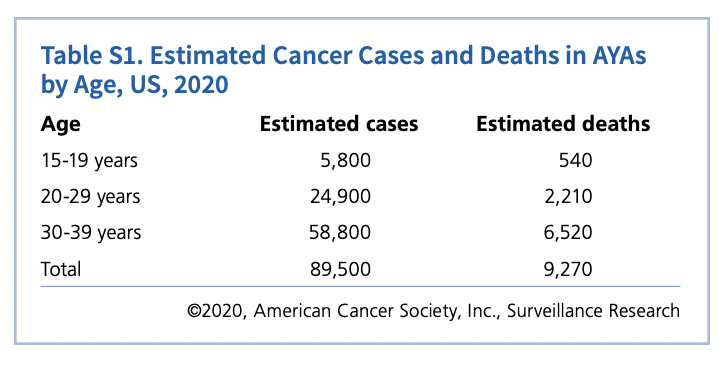
Nearly 89,500 Adolescent and Young Adults (AYAs) between the ages of 15-39 are diagnosed with cancer in the United States each year.
This population is the most underserved by age, and treatment is often split between pediatric and adult hospitals. “I was treated at a world-class institution with some of the most brilliant and caring doctors and nurses in the world, but AYA-specific care was the missing puzzle piece for me.” It is well documented that AYAs fall through the gaps in the hospital system. Within this underserved age group, approximately 7 percent (5,000-6,000) are teens ages 15-19.
Cancer types found in teens 15-19 include a mix of those that develop in children and adults. The most common types seen in this age group are different than in older or younger adults, including lymphoma, leukemia, thyroid, brain and spinal cord cancers, testicular, sarcoma, melanoma, and ovarian cancer.
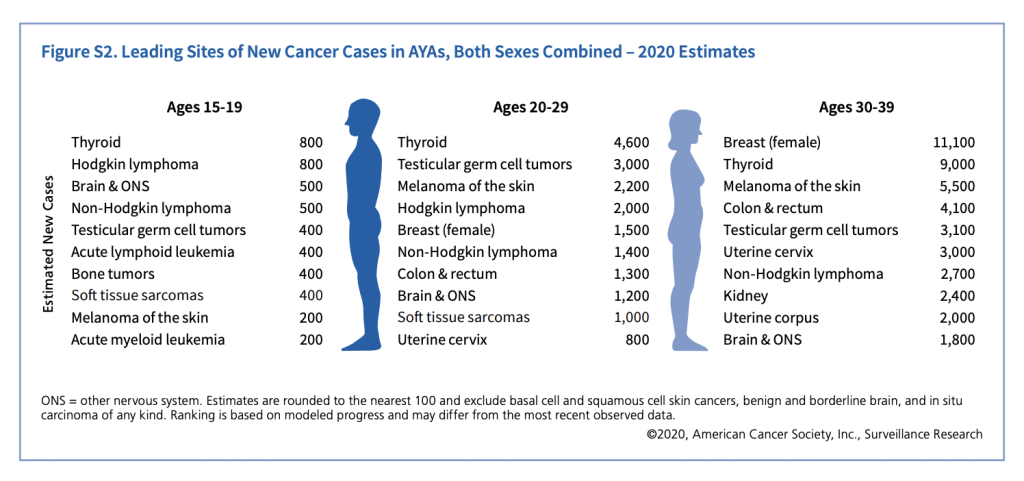
The Diagnosis
Finding cancer in adolescents is often delayed and in a more advanced stage than seen in other age groups. There are various reasons why cancer diagnosis is delayed, including symptoms or discomfort that are ignored or having similar early symptoms for other more common illnesses. Even when seen by a doctor, it is more likely that their symptoms like pain or fatigue will be attributed to something other than cancer.
However, once the cancer is recognized, the general sentiment of receiving the news includes shock and unexpectedness, followed by feelings of isolation and loneliness. In Ruby’s story, she shared that her cancer treatment required surgery and extensive chemotherapy and radiation treatments concurrent with school.
“After surgery to remove the [tumor], I found out my treatment wouldn’t end there. Six weeks later, I started radiotherapy. I kept on going to school and had the treatment in the afternoons. Even though it made me nauseous, I pushed through. Then I had four rounds of high-dose chemotherapy and was off school from November to March.” (Cancer Council NSW 2021).
Following a diagnosis comes informing school personnel, activities, and relevant people. It is important for the student to have the opportunity to maintain a comfortable lifestyle while adapting to sudden change, especially being in high school—a time dedicated to preparing for their transition into adulthood. Making plans for the future must now account for cancer, including but not limited to treatment plans, doctor visits, and mental and physical health.
While the communication aspect is being delivered, what is not well recognized is the immediacy of what follows. Allie Newman was diagnosed with Osteosarcoma at the age of sixteen in 2011. She learned that her treatments would begin the following morning, which gave her a mere 10 hours to understand her complicated and life-changing situation. Being instantly told what she would be able to participate in and what she would have to leave, what she could and could not eat, and the sudden increase in doctor visits gave her little time to adapt to this new lifestyle, something many teens with cancer have to face.
Cancer in High School: The Experience
Every experience with cancer is different; each individual attends to a unique set of positives, negatives, and hardships. When someone receives a cancer diagnosis in high school, their experience depends on their support system, individual character, and how well treatment is balanced from their social, school, and family life.
School Life
Many students who were able to share their stories recalled positive experiences when it came to maintaining school requirements; school administrators and faculty took great care to accommodate their needs. Jeremy, who received his diagnosis during his junior year of high school, shared his positive experience with his school. He was provided flexible options to stay on track with his schoolwork, and the school emphasized that his health was the main priority. Ruby also showed her appreciation for having a designated teacher to communicate with for school needs.
Schools will generally appoint a teacher or administrator to regulate the student’s progress and serve as a liaison between the student and the school. This helps create a healthy balance of school during treatment; the student can efficiently communicate any needs, meet their academic expectations, and have access to a more flexible schedule.
One common theme throughout high school students dealing with cancer is declining academic capabilities. Ruby explained needing to lower her academic performance standards from the level she used to achieve post-chemotherapy. She also mentioned starting tutoring and how, to catch up, she focused on learning what was seen as the most important topics because of just how much she missed. Jeremy shared a similar experience where he only learned key concepts instead of the entire curriculum; he targeted achieving the minimum requirements to complete year 11.
“I still struggled watching my friends play volleyball without me.” Because of the physical tolls treatment has on your body, patients are often restrained from participating in physically-demanding activities. Many high schoolers have to drop sports and find other ways to be involved in the activities they love. “Since I couldn’t be out there doing everything I wanted to do, I found ways to participate. Instead of being on the volleyball court, I took photos for the team. And I felt included!”
Isolation and Normalcy
“I sort of remember my first week at the children’s hospital where I received all my treatments. I sat up in my hospital bed, hair hadn’t even started to fall out yet from the chemo, and I asked my oncologist, “How long will it take me to feel normal again?”
Another common theme many high school students with cancer face is losing connections with themselves and those around them. Maintaining relationships during treatment and returning to normalcy once treatment is over proves to be one of the biggest challenges. Some teens returned to a spike of enthusiasm and consideration from their friends and peers to help them transition back to the school environment. Yet, as time progresses, those same friends aren’t there to stick around even when help and support is still needed.
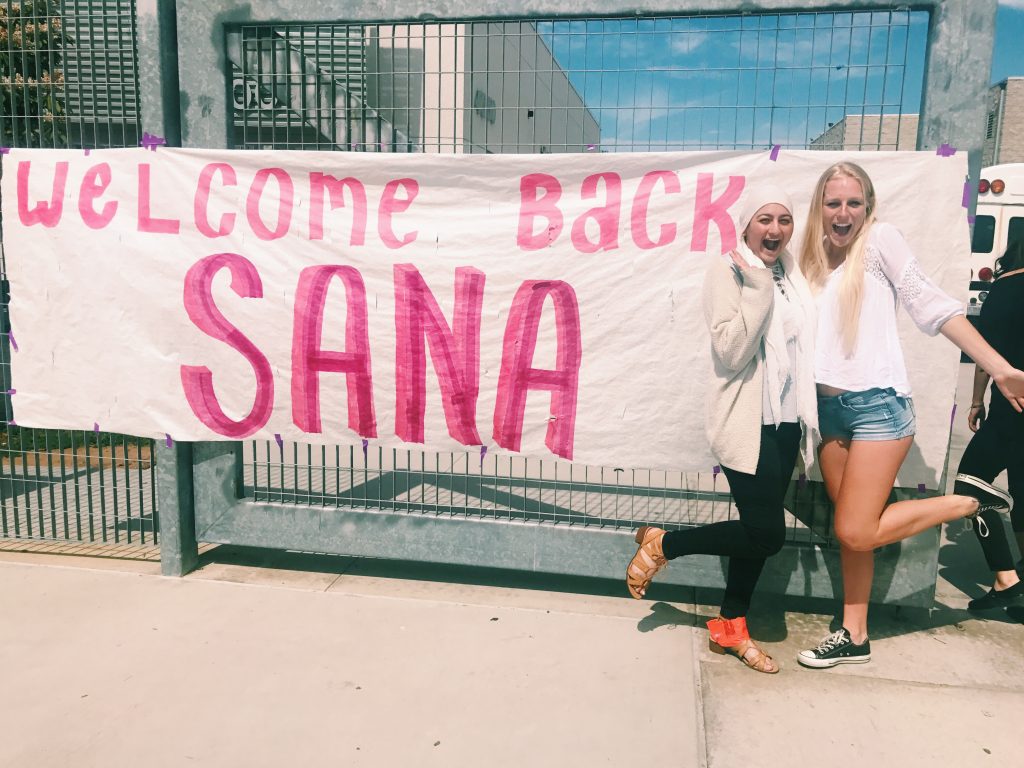
(Picture credit: Sana Moezzi)
“I lost a lot in the first year after I was officially discharged for my cancer treatment. I lost my partner, I lost some friends, I lost my mind several times … But what’s important to me now is that when I look back at myself, I see this severely injured being who maybe just didn’t have the right support around them at the time.”
“From the beginning of my journey, I was alone and isolated. I felt my teenage years were being cut short and I was utterly out of place in high school. Surgery caused me to miss school trips, hospital stays prevented me from attending school, homecoming fair, and dances. In three months, I attended only 14 days of school. And for a girl like me, who loves learning and reading, doesn’t mind homework, and secretly smiles when a presentation is assigned, I witnessed a huge passion dissipate. I grew distant from my friends and struggled to stay in the loop of it all. Many days I struggled with depression, not seeing a single teenager in treatment, convinced I was alone. I was lost and separated amid the jumble of small kids in pediatrics.”
Teens who experience the side effects of cancer treatment face feelings of discomfort when going back to what they used to define as normal. “Everyone looked really shocked. People stared a lot, especially the younger students. I hated it.” Cancer treatments cause visible changes to your body, common ones being weight and hair loss from chemotherapy and radiotherapy. Because their bodies undergo intense treatment, they become much weaker.
Going from resting and internally fighting to daily physical movement is a significant change; some use mobility aids like wheelchairs to assist them as they are unable to move on their own. These physical changes prompt many unwanted questions and shocking looks from those around the teen, which adds to these feelings of discomfort and isolation.
“I felt like the only teen in the world with cancer.” —Lauren Telesz
The entire process of dealing with cancer makes high schoolers who are diagnosed feel more alone. They miss out on memorable high school experiences, attending school dances, dressing up for school spirit weeks, and connecting with students through group projects and clubs. And the effects don’t stop once treatment is over. The recovery process is longer than you think. Not only do they need to make up for the time lost during treatments, but they return to a “new normal” where cancer becomes part of their story.
So how do we as a community of friends, classmates, teachers, and counselors help reduce the sense of isolation and abandonment that often occurs with a high school cancer diagnosis? How do we preserve their sense of normalcy without focusing only on their cancer and the temporary physical and emotional changes that come with it? How do we stay connected and also keep our own mental health in check during that process? Stay tuned for our next installment of Cancer in High School to learn how we can make a difference and overcome the stigma that drives a wedge between us and the teens who need our support.
Want more?
Sources:
